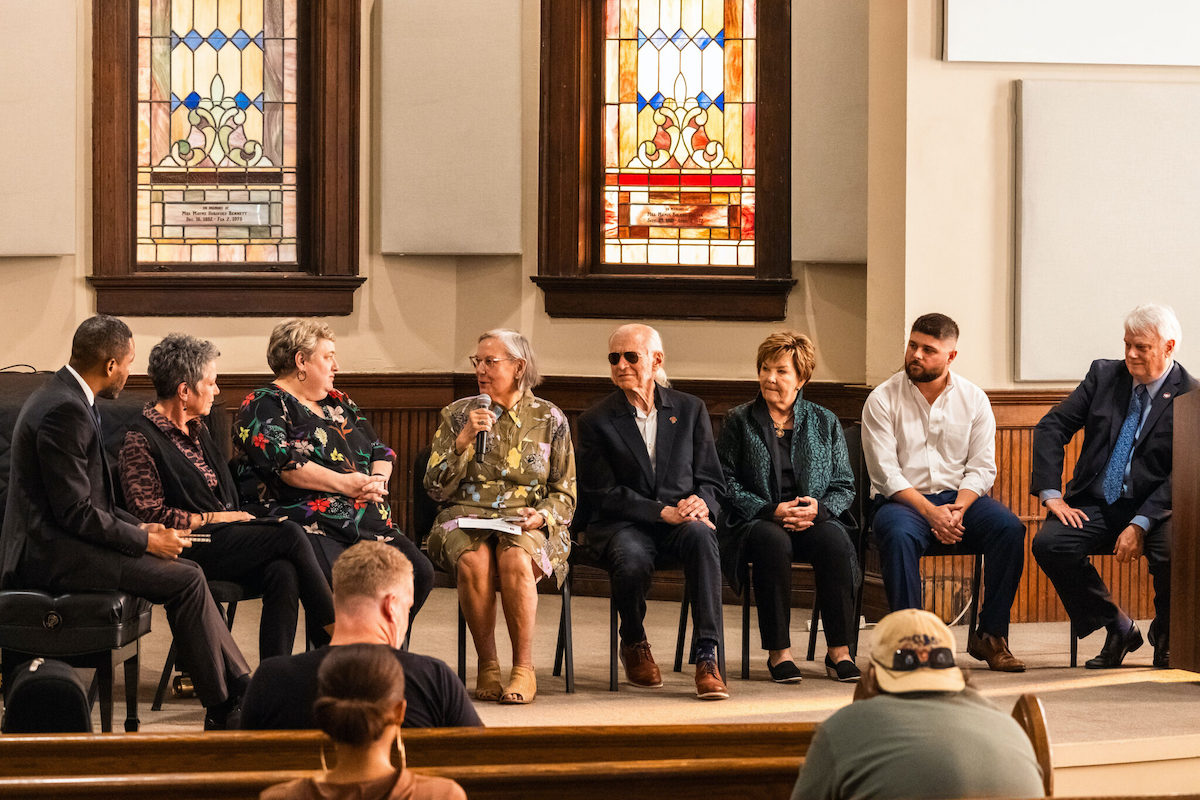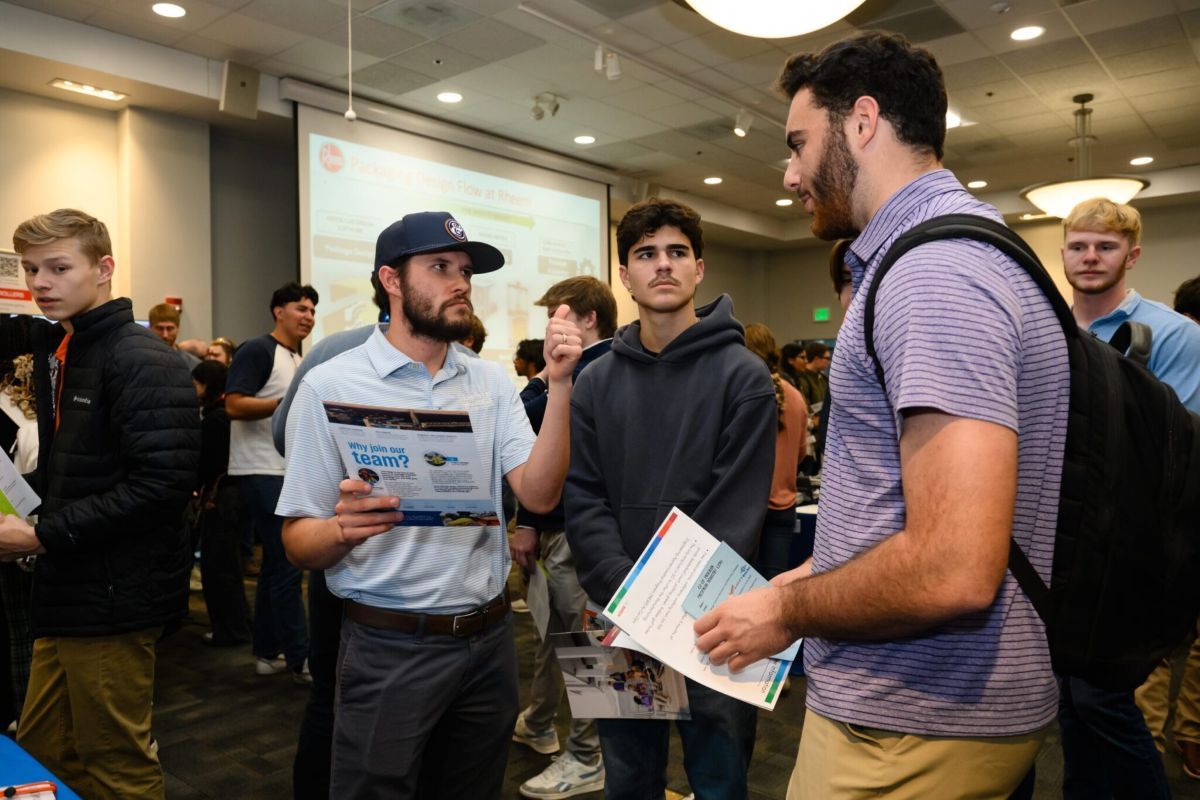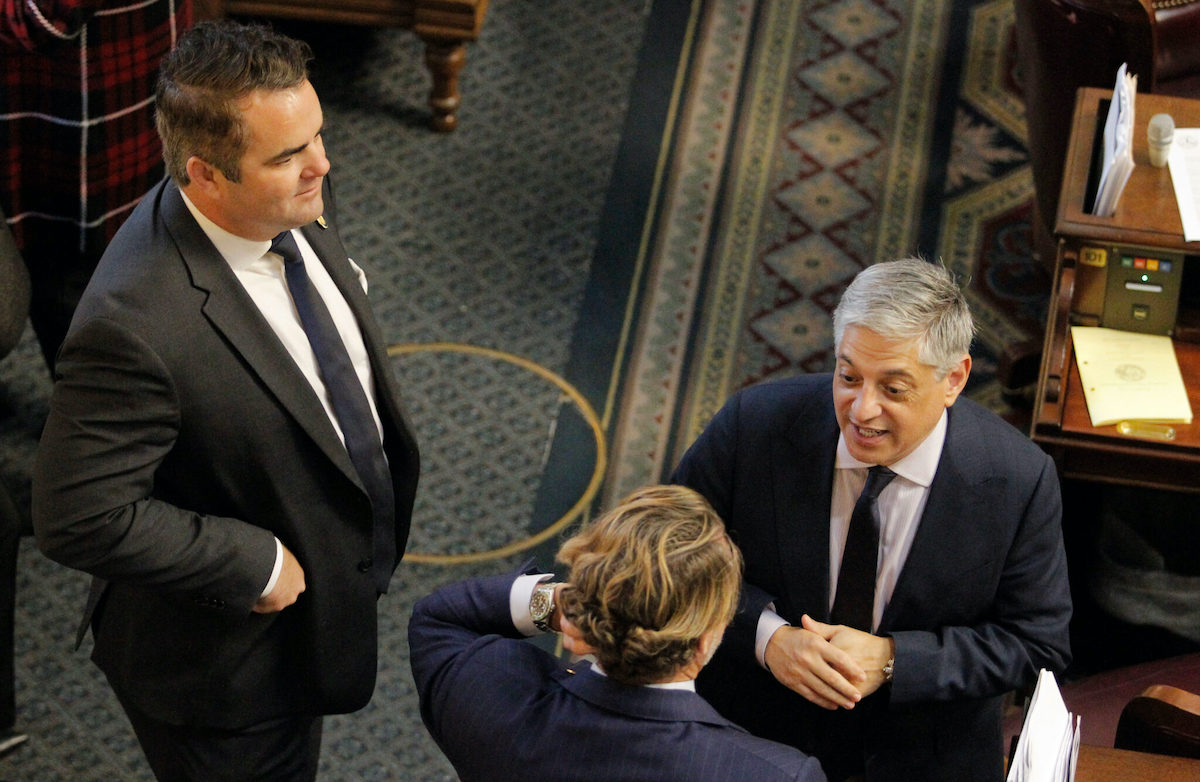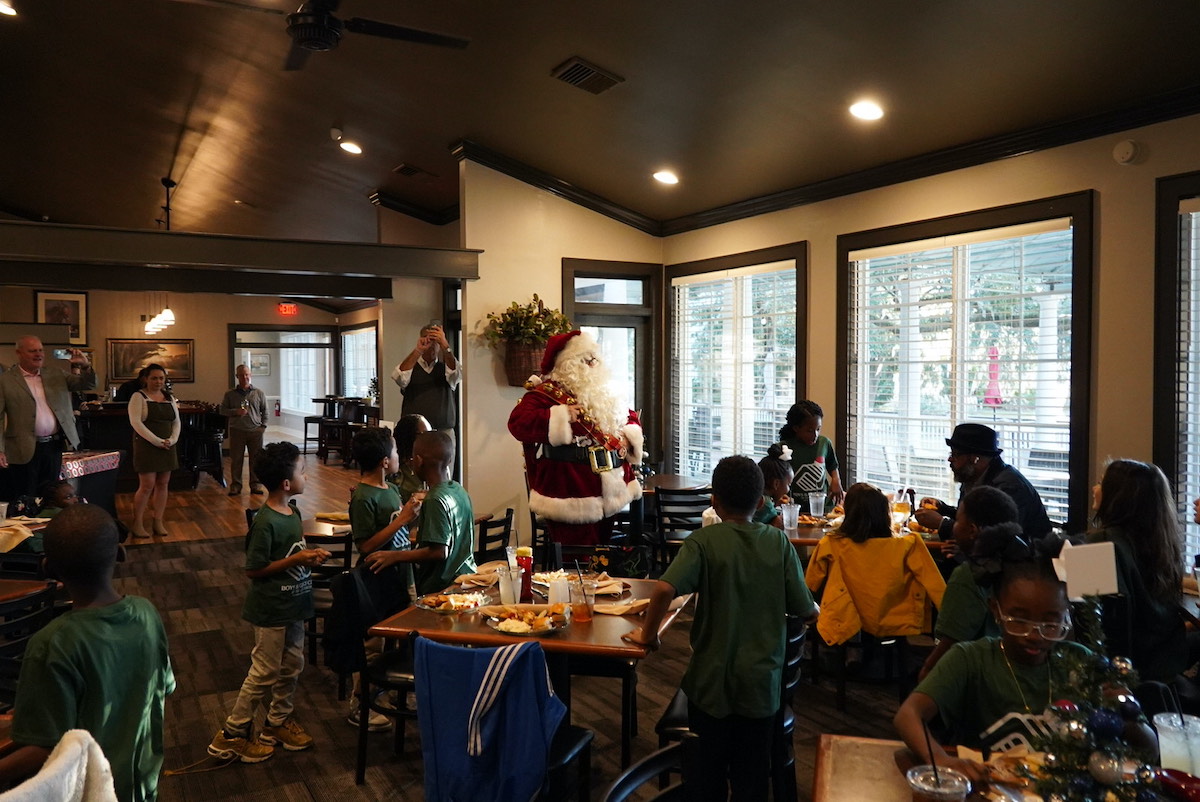Program will teach musicians how to run a classroom amid teacher shortages
By Skylar Laird
SCDailyGazette.com
COLUMBIA — Beginning in January, the University of South Carolina will pay for musicians to learn how to manage a classroom so students can keep singing and playing instruments while school districts hunt for certified teachers to fill vacancies.
The idea came about when Fred and Dinah Gretsch realized their local high school football games in Jasper County were missing a marching band because the school didn’t have a music teacher.
Across the state, districts reported 48 vacancies for music teachers this fall, or 3% of 1,649 total music positions they were trying to fill. That’s not as many vacancies as other subjects, such as math or science, but more than art and theater positions, according to the annual report by the state’s Center for Educator Recruitment, Retention, and Advancement.
“These are schools and districts and superintendents and principals who want to have music teachers but who can’t find people to teach,” said Tayloe Harding, dean of USC’s music school.
Music education is a priority for the Gretsches, who own a drum manufacturer in Ridgeland.
“Music makes us smarter. It improves other skills. It enriches lives for those who participate,” Fred Gretsch said. “Those are all important goals to us.”
The husband and wife donated $450,000 to run the program for three years, which USC’s School of Music will match for a total of $900,000. That’s more than enough to cover tuition for the first 10 musicians in the program, Harding said.
Those 10 will be able to fill vacancies in fall 2025. How many will be accepted in the future depends on interest in the program and its success.
“We want to encourage skilled music leaders to bring the power of music and music education to Jasper County and other rural counties in South Carolina that may be understaffed at the moment,” Fred Gretsch said.
The state offers alternative teaching certifications, which allow people without an education degree to receive a teaching certificate. But those programs still don’t turn out enough music teachers to fill the shortages, Harding said.
Unlike alternative certification programs, the musicians who complete USC’s program will not earn a teaching certificate at the end of their fellowship. The idea is for people who already teach and play music in the community, whether through private lessons or as a musician for a church or other group, to learn enough about education to run otherwise empty classrooms, Harding said.
That would allow music programs to continue while principals search for permanent, fully credentialed teachers, he said. The fellows would not be the teacher of record for the course, instead being more equivalent to a substitute, who is not required to have a teaching certificate. Musicians who enjoy the job can then go through an alternative certification program to become a full-fledged teacher, Harding said.
The idea has been floating around for years. But officials have been reluctant to implement it because the musicians placed in schools would not be fully certified teachers, Harding said. The program is meant only to last as long as the shortage of music teachers persists, he added.
“It’s an easier shortcut to a job teaching music in school,” Harding said. “We don’t want to do that routinely, because the quality of instruction in music would go down over time if everyone teaching was not fully certified.”
While filling vacancies is a good thing, having someone in the positions, even temporarily, could make districts more reluctant to find a permanent teacher, said Patrick Kelly, a teachers’ advocate for the Palmetto State Teachers Association.
“Districts will have far less incentive to go out and find someone who has completed their whole education degree,” Kelly said.
Legislators considered putting in place a similar pilot program this year, which would have allowed districts to hire non-certified instructors with years of other experience in their subject. The House and Senate each passed their own version of the bill, but the two chambers never agreed on a plan, halting the proposal before it could reach the finish line.
That plan included guidelines for how many teachers a district could hire and how long a teacher could remain in their position without certification, which are important guardrails in any similar program, Kelly said.
“It provides a way for (experts) to get in the classroom that doesn’t keep them out and doesn’t keep their experience out but isn’t so broad it sets them up for failure and set their students up for failure,” Kelly said.
Teaching requires a lot more than familiarity with the subject matter, said Kelly, who teaches U.S. government classes at Blythewood High. Educators also need to know how to create effective lesson plans and follow education laws, Kelly said.
The fellowship program will give musicians a crash course in what they need to know, including managing a classroom, working with parents and administrators, and building lesson plans, Harding said. Along with classes taught by music education faculty, fellows will observe school classrooms and student-teach to get more experience, he said.
“Those are the kind of things that music education students get that regular music students who are not in music education don’t get,” Harding said.
With the right training and skills, a musician should be able to handle a classroom, especially at the more generalized elementary school level, said former state Superintendent Molly Spearman, who spent the first 18 years of her education career as a music teacher in Saluda County.
Having a non-certified teacher is better than not having a music program at all, she added.
“Any person who’s interested and willing to be in the classroom with students is beneficial,” Spearman said.
Music teaching roles are often difficult to fill because they require a specialized skillset, and music classes are essential for students who may find a passion or skill they didn’t know they had by learning to sing or play an instrument, Spearman said.
“It’s good for all, but particularly those who might have that special talent so we can nurture those skills,” she said.
The music school notified the program’s first 10 scholarship recipients on Monday. Their classes will begin in January and run until the beginning of summer, at which point USC faculty will help them find jobs in school districts, Harding said.
Their pay would depend on the district, which may not be much since they’re considered substitutes. The USC scholarship covers training only. The program does not supplement whatever districts pay.
Skylar Laird covers the South Carolina Legislature and criminal justice issues. Originally from Missouri, she previously worked for The Post and Courier’s Columbia bureau. S.C. Daily Gazette is part of States Newsroom, the nation’s largest state-focused nonprofit news organization.









